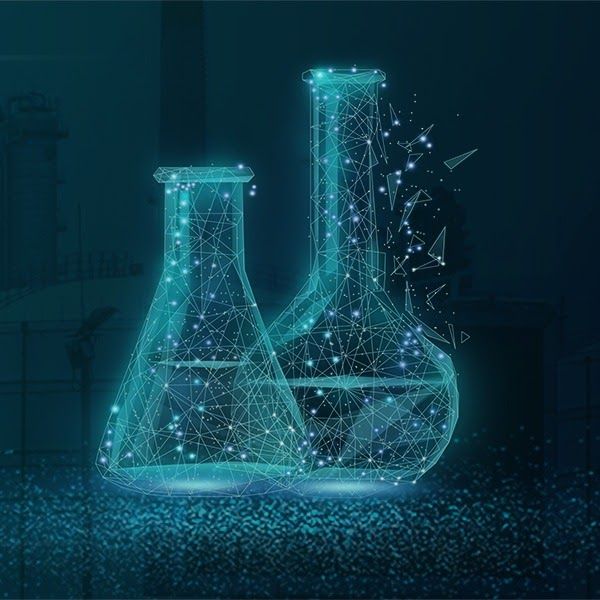Water is essential for our survival, but it can also be a source of harmful toxins. Toxins can come from a variety of sources, including industrial waste, agricultural runoff, and even natural sources like algae blooms. Boiling water is a common method of water treatment, but does it really remove toxins from water? Let's explore this question in more detail.
First, it's important to understand what boiling water does and doesn't do. Boiling water kills bacteria, viruses, and other pathogens that can cause illness. This is why boiling water is often recommended during emergencies or when traveling to areas with questionable water quality. However, boiling water does not remove chemical contaminants like lead, arsenic, or pesticides.
So, what about toxins? Toxins are a broad category of harmful substances that can include both biological and chemical contaminants. Boiling water can help remove some toxins, but it depends on the type of toxin and how it reacts to heat. For example, boiling water can help remove some biological toxins like those produced by certain types of bacteria. However, boiling water may not be effective at removing chemical toxins like heavy metals or pesticides.
To truly remove toxins from water, a combination of methods may be necessary. This can include using activated carbon filters, reverse osmosis systems, or distillation. These methods can help remove a wider range of contaminants, including both biological and chemical toxins.
In conclusion, boiling water is a useful method of water treatment, but it may not be effective at removing all types of toxins. To ensure that your water is safe and free of harmful contaminants, it's important to use a combination of methods and to regularly test your water quality. By taking these steps, you can help protect your health and the health of your family.


More Stories
Plastic to Pyrolysis Oil Solution: A Sustainable Pathway for Plastic Waste Conversion
Yukun Qiangwei Motor Unveils 2023 Diesel Generator Price List with Specs for Home Use
Inspiration Powered by Light: How Mini Monocrystalline silicon Solar Panels Enable Self-Sufficient Creativity